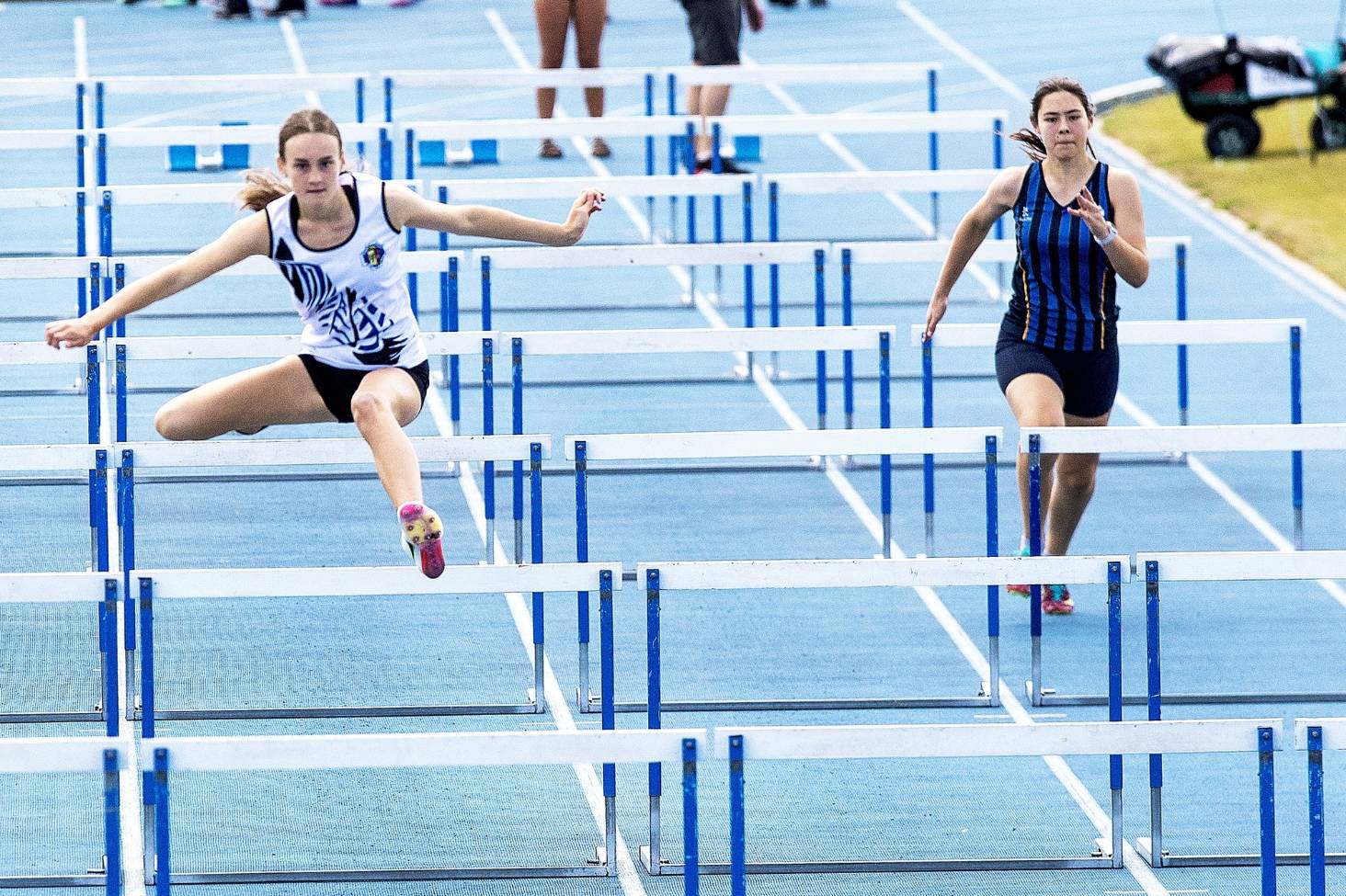The association between Ancient Greece and athletics is well known, no doubt in part because of the modern Olympic Games.
However, there are many subtle differences between the ancient conception of athletics and our own modern ideals.
Firstly, prizes were at the heart of Greek athletics. In fact, the ancient Greek word “athlētēs” comes from the word “athlos”, meaning both the contest and the prize presented in recognition of an achievement.
In the ancient Olympics, the winners, which only included first place, were given simple olive wreaths as prizes, but they earned everlasting fame and respect. Odes were sung and statues erected in their honour, and their hometowns rewarded them with free meals for life!
Unlike today, Greek athletic competitions were held in the context of religious festivals to honour their gods, who enjoyed watching mortals striving to impress them.
The ancient Olympics played a crucial role in the development and recognition of athletes. Dedicated to Zeus, these games were the pre-eminent athletic event in the Greek world. But in stark contrast to the modern Olympics, only freeborn Greek men were allowed to participate.
The Greeks are distinct among other ancient cultures for their obsession with organised competition and for institutionalising athletics with specialised training facilities, called “gymnasia”.
The “gymnasium” was an important place for the education of future male citizens, but was also one of the social centres of every Greek community, a meeting place for men. However, since physical fitness distinguished aristocrats from commoners, gymnasia were predominantly used by the elite.
It may surprise you that the word gymnasium derives from the Greek word “gymnós”, meaning naked. This is because it was the place men went to exercise without clothing.
Nudity was universally associated with Greek athletics in both training and competing, though the reason behind this custom is unclear. Aren’t you grateful that birthday suits are not an option for gym wear today?
Interestingly, athletic nudity indirectly promoted artistic development. Artists, who had the chance to closely observe the male physique in action, could analyse movement and realistically depict turning bodies and tense muscles.
Gymnasia eventually developed into centres of education that balanced physical and mental training, aligning with their society’s aristocratic ideals. The Greeks strove for excellence in both areas, as reflected in the ancient phrase “of sound body and sound mind”.
Finally, the English terms “sport” and “game” can be misleading since they imply leisure and amusement, rather than serious business. In contrast, Greek athletic competitions were taken seriously.
The Greek word for competition, “agōn”, refers to a struggle for victory that often involves physical pain. This is the origin of the modern term “agony”, which expresses the physical or mental distress, tension, and pressure that one may experience when striving to achieve something.
So next time you’re suffering in the gym, console yourself with the knowledge that you are part of an ancient and venerable tradition!
Source: Stuff News







